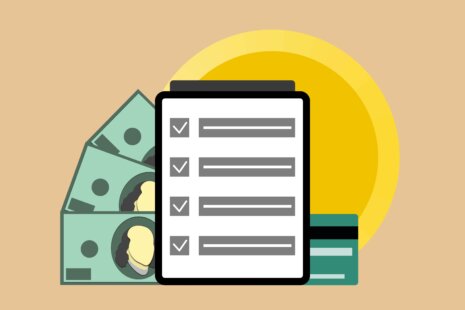Mastering payroll involves understanding the intricacies of payroll management, staying updated on relevant laws and regulations, and effectively using tools and technology. Here are steps to help you master payroll:
- Learn Payroll Basics:
- Familiarize yourself with the fundamental concepts of payroll, including gross pay, net pay, tax withholdings, deductions, and compliance with labor laws.
- Educate Yourself on Tax Laws:
- Stay informed about federal, state, and local tax laws that impact payroll. Understand tax rates, filing deadlines, and any changes in tax regulations.
- Understand Employee Classification:
- Learn the distinctions between different employee classifications, such as exempt and non-exempt status. Understand the rules for overtime pay.
- Explore Payroll Software:
- Get hands-on experience with payroll software such as QuickBooks, Gusto, or other industry-specific tools. These platforms can automate many payroll processes and calculations.
- Attend Training and Workshops:
- Attend training sessions, workshops, or seminars on payroll management. These can provide in-depth insights into best practices and updates in the field.
- Practice Using Software:
- Practice using payroll software to process payroll, generate paychecks, and produce necessary reports. Familiarity with the software will make the process more efficient.
- Stay Updated on Regulatory Changes:
- Regularly review and stay updated on changes in tax laws, labor regulations, and other compliance requirements. Subscribe to newsletters or industry publications to receive timely updates.
- Implement Internal Controls:
- Establish internal controls to minimize the risk of errors and fraud. This includes segregation of duties and regular reviews of payroll records.
- Document Processes:
- Document your payroll processes, including step-by-step procedures for tasks such as calculating gross pay, withholding taxes, and processing employee benefits.
- Network with Peers:
- Connect with other payroll professionals, either through local networking events or online communities. Exchange insights, ask questions, and learn from the experiences of others.
- Consider Professional Certifications:
- Pursue professional certifications in payroll management, such as the Certified Payroll Professional (CPP) designation offered by the American Payroll Association (APA). Certifications can enhance your credibility and expertise.
- Build Strong Communication Skills:
- Develop effective communication skills, especially when addressing employee inquiries or explaining payroll-related information to colleagues or management.
- Create a Payroll Calendar:
- Establish a clear payroll calendar outlining pay periods, paydays, and tax filing deadlines. Stick to the schedule to ensure timely and accurate payroll processing.
- Test Your Knowledge:
- Periodically test your knowledge of payroll processes and regulations. This can be done through quizzes, self-assessment tools, or by participating in mock scenarios.
- Seek Professional Advice:
- Consult with professional accountants or payroll experts for guidance on complex issues or situations. Their experience can provide valuable insights.
- Stay Organized:
- Maintain a well-organized system for record-keeping. This includes keeping copies of pay stubs, tax filings, and other payroll-related documents.
- Continuously Improve:
- Embrace a mindset of continuous improvement. Regularly evaluate your payroll processes, seek feedback, and identify areas where you can enhance efficiency or accuracy.
By taking a proactive approach to learning, staying informed, and gaining practical experience, you can master the intricacies of payroll management. Consistent practice and a commitment to ongoing education will contribute to your proficiency in this critical aspect of business operations.




